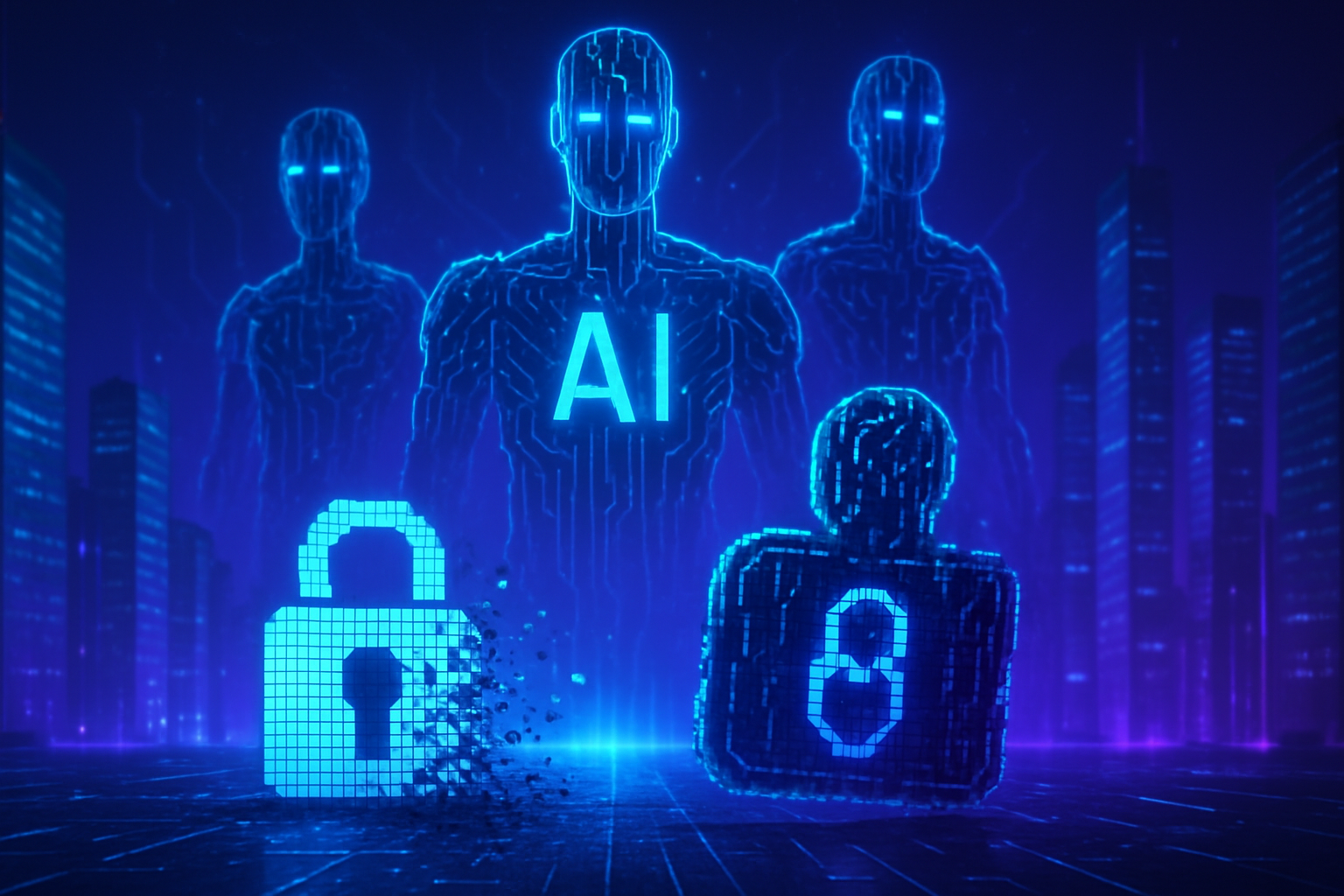Captchas, once bastions of online security, are wavering under the constant assault of artificial intelligence technologies. *The rise of AI* frees bots from digital guardians, questioning our trust in verification methods. A revolution underway is transforming online interactions, especially through machines’ ability to replicate human behavior. *Security challenges* take on a new dimension in the face of this technological advancement, as old protective tools become obsolete. The struggle between humans and machines is redefined, paving the way for an uncertain future where the boundary between the two blurs.
Captchas facing the rise of artificial intelligence
Captchas have appeared on many websites since the 2000s, acting as necessary guardians to distinguish humans from machines. Their primary goal, secure and simple, is to protect sites from automated users by requiring an action from the user. However, the emergence of artificial intelligence (AI) calls into question the effectiveness of these systems.
Challenges posed by AI technologies
With the development of AI software, robots can now manipulate and bypass the security mechanisms that Captchas represent. Sophisticated tools, such as OpenAI’s paid option, allow artificial intelligences to fill out Captchas in an almost indistinguishable manner, stating: “This step is necessary to prove that I am not a robot.”
Research on bypassability
Swiss researchers recently demonstrated the ability of a new AI to solve image-based Captchas with a success rate of 100%. By relying on a pre-trained AI model, they made fine adjustments, thus illustrating that most users can succeed in breaking Captcha systems using easily accessible artificial intelligence programs.
Implications for online security
The increased ability of bots to pass Captchas raises deep concerns regarding online security. Companies are questioning the need to strengthen their defenses and explore new identification mechanisms. Current security measures may soon prove obsolete if alternative solutions are not implemented.
The need for alternatives
With the growing threat of artificial intelligences, traditional methods of user verification must be reconsidered. Innovative solutions, such as the use of biometrics or enhanced behavioral intelligence systems, could play a crucial role in protecting platforms. The necessity for evolution is imposed on organizations that wish to maintain the integrity of their systems.
Toward a new horizon of verification
The future of Captchas will depend on their ability to adapt to a rapidly changing digital environment. Developers must consider more robust security strategies, enabling not only to counter bots but also to preserve a smooth user experience. The line between human use and machine interaction is diminishing, making innovation imperative.
FAQ on the uncertain future of Captchas in the face of artificial intelligence
What is a Captcha and what is its purpose?
A Captcha is a test designed to differentiate humans from machines on the Internet by using challenges that robots are generally unable to solve, such as recognizing images or deciphering distorted words. This helps protect websites from automated abuses.
How do AIs manage to bypass Captchas?
Advances in artificial intelligence, particularly with processing models and language, enable bots to solve Captchas. For instance, tools like ChatGPT can automatically check boxes or identify objects in images, rendering Captchas obsolete.
What is the impact of Captchas failing on website security?
The inability of Captchas to block intelligent bots could increase the risks of attacks on websites, leading to security issues such as spam, hacking, or identity theft, making current security systems inadequate.
Which types of Captchas are most vulnerable to AI attacks?
Image-based Captchas and those requiring simple interactions, such as checking a box, are particularly vulnerable. Modern AIs are capable of solving them with remarkable accuracy, highlighting an urgent need for innovation in verification systems.
Are there alternatives to traditional Captchas in the face of AI?
Yes, new verification methods like biometric authentication, behavior tests (such as analyzing mouse movements), or risk-based assessment systems depending on user behavior can offer a more secure alternative to classic Captchas.
Can users do something to counter AI in the face of Captchas?
Users can strengthen the security of their accounts by using two-factor authentication tools and reporting sites that do not update their security systems to counter new threats, including those posed by AI.






